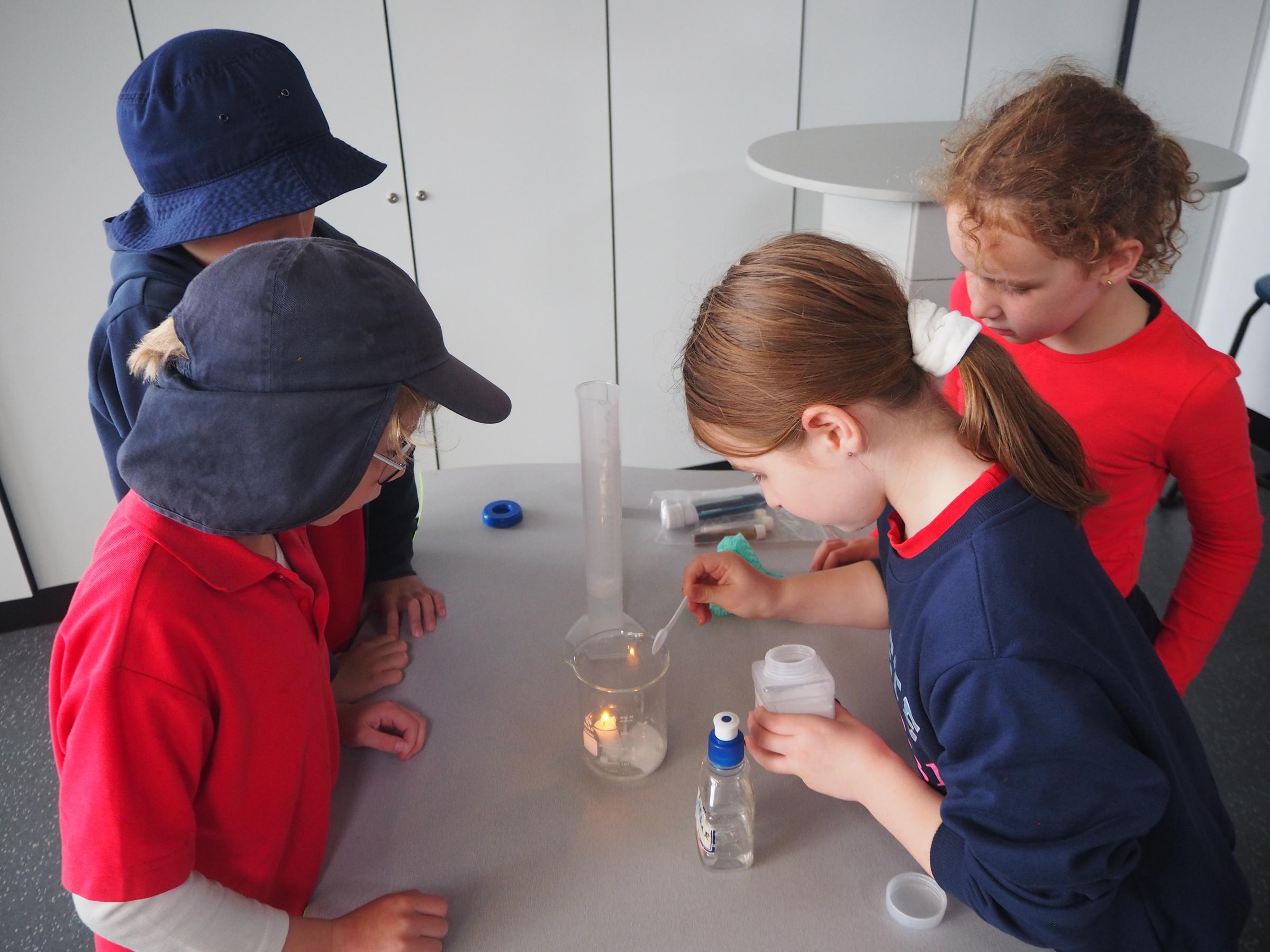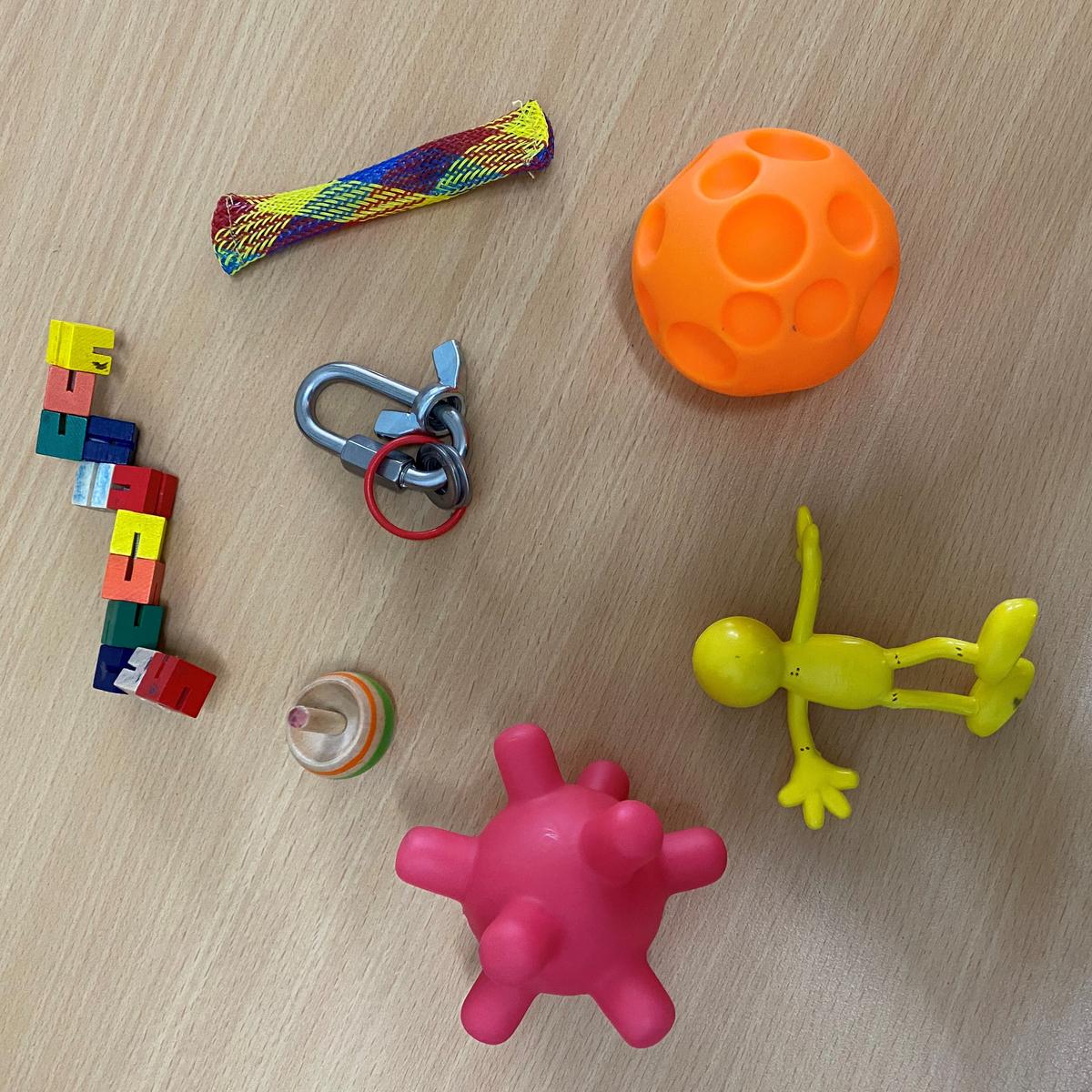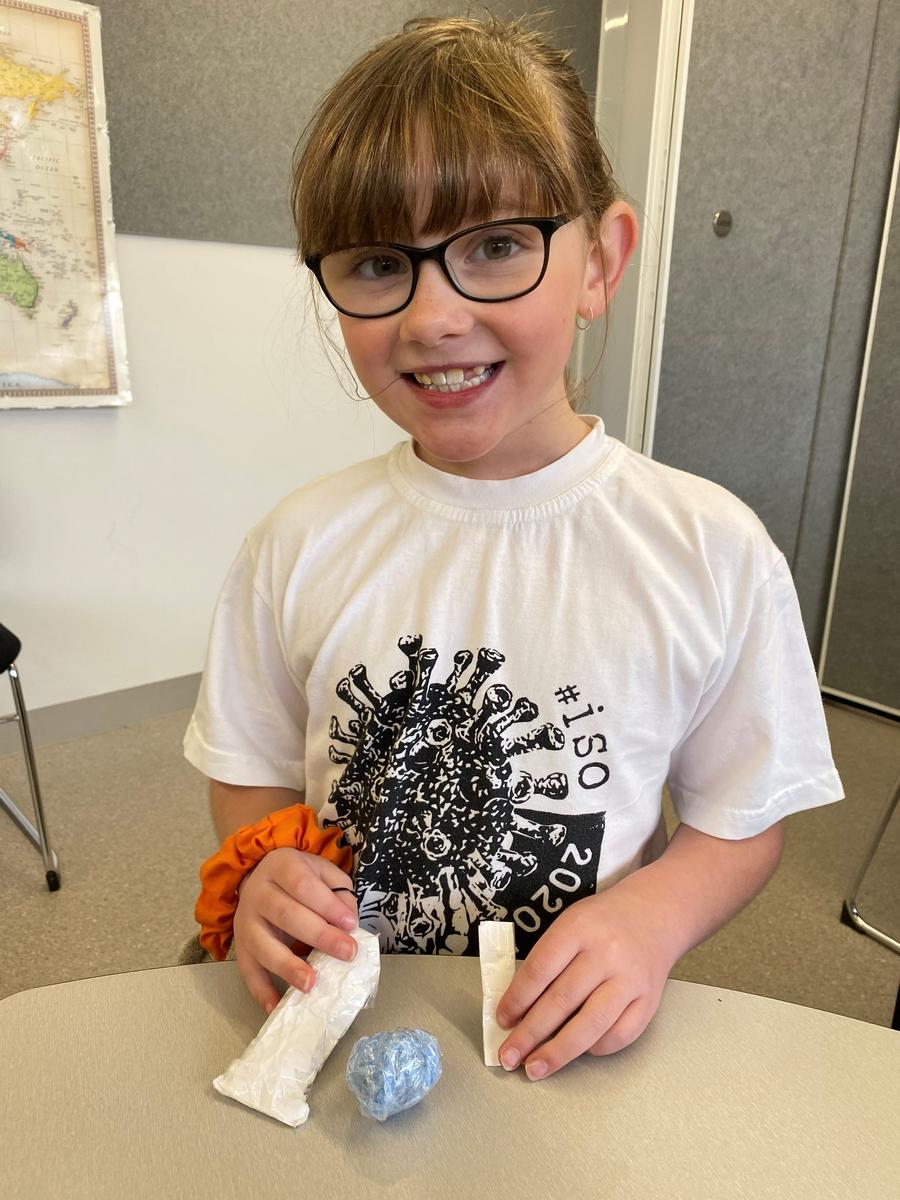Assistant Principal's Report

Science is Everywhere!
This term students across many year levels are working through Inquiry Units that have a strong science focus. Inquiry Units give students the opportunity to learn a variety of skills from the Humanities and Science areas of the Victorian Curriculum, as well as Critical and Creative Thinking, Personal and Social Capabilities, Ethical Capabilities and Intercultural Capabilities. The focus of the Inquiry Unit for each year level changes every term and units are mapped out across all year levels within the school to ensure students are exposed to all areas of the curriculum during their primary schooling.
Inquiry Units are also a great way to reinforce skills taught in other areas of the curriculum, such as Writing, and where possible we make connections across curriculum areas to strengthen students' learning and provide more opportunities for transferring skills from different curriculum areas.
Inquiry Units follow the same guidelines from Foundation to Year 6 and each term, staff work together in teams to develop planners for their year level that include the following information:
- Learning protocols
- Big essential question plus supporting questions
- Conceptual understandings
- Success criteria
- Knowledge, skills, connections
- Formative and summative assessment opportunities
- Sequence of learning
During Inquiry Units, students participate in engaging and exciting incursion activities (activities run at school by external providers) that are related to the skills being taught that term. Some examples of incursions planned for different year levels this term are ‘Matter of Matter’, ‘Crazy Chemicals’, ‘Earth and the Milky Way’ and the ‘Science Discovery Dome’. Keep your eye open in future newsletters for more details and photos from these fantastic, enriching activities!
Below is a list of what each year level is focussing on in their Inquiry Units this term.
Foundation
- Science: Understanding & Inquiry Skills
- Ethical Capabilities
- Writing genre – Recount
Year 1
- Science: Earth and Space Sciences
- Personal and Social Capabilities and Ethical Capabilities
- Writing genre – Procedure and Information Report
Year 2
- Science: Chemical Sciences
- Personal and Social Capabilities/Ethical Capabilities
- Writing genre – Narrative and Procedure
Year 3
- Science: Chemical Science
- Critical and Creative Thinking
- Writing genre – Persuasive and Narrative
Year 4
- Science: Earth and Space Sciences (STEM)
- Critical and Creative Thinking
- Writing genre – Persuasive
Year 5
- Humanities – History
- Intercultural Capabilities
- Writing genre – Narrative, Persuasive and Historical Fiction
Year 6
- Humanities – Geography
- Critical and Creative Capabilities
- Writing genre – Science Fiction and Non Fiction Narrative
Fidget Toys and Learning
Last term we saw a huge interest in fidget toys across the school. Classrooms have a variety of items that students have access to when needed and more and more students were bringing in their own from home. Fidget toys can be a huge benefit to many students, and they can also cause a lot of distraction! Fidget toys definitely have a place in our classrooms and we have seen the benefits of them being used in the correct way.
Why use fidget toys?
Fidget toys are self-regulation tools to help with focus, attention, calming, and active listening. Regardless of the type of toy used, the goal is the same – to help focus attention and improve learning ability. In fact, research indicates that most children learn better when their hands are active and they are funnelling expendable energy in this manner, which allows them to better focus on what they are trying to learn. In addition, experts have concluded that movement is essential for learning because the learner is required to use both the left and right sides of their brain.
If you would like to read more about the benefits of fidget toys, including increasing concentration and reducing anxiety, please see the article below.
The Student Voice Team discussed some issues that classes were having regarding fidget toys and came to a decision that only silent fidget toys should be brought to use at school. They also came up with a few other conditions of use:
- Only silent toys are to be brought to school.
- Fidget toys need to be small enough to fit in your pocket.
- Fidget toys need to be kept in your pocket and not shared with others.
- Fidget toys can be used to help students concentrate but if they are distracting others, they need to be put away.
Some of our Student Voice Team representatives had some great ideas on how to make their own fidget toys and you can see some of these below.
~ Sarah Abbott, Assistant Principal


